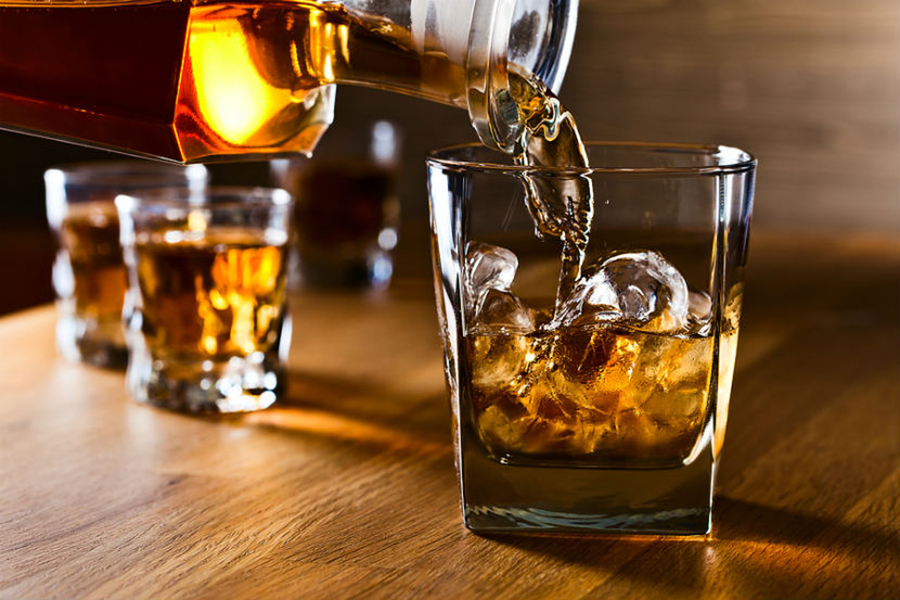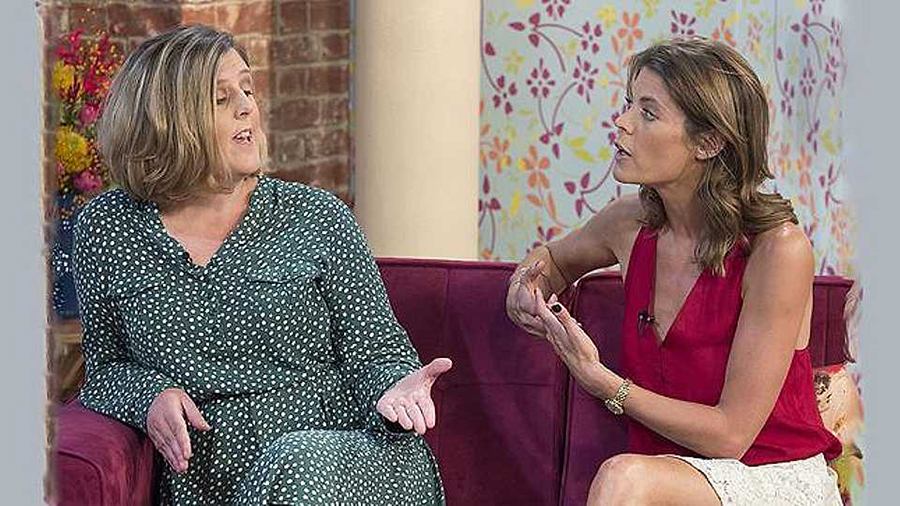Although scientists have largely said that giving alcohol to children is wrong because their brains are still developing, Penn State researchers came this Friday saying that 17 percent of parents in the UK provide liquor to their 13 to 14-year-old kids. According to the study, low-income people were who tended to agree the less with this attitude.
The research, performed thanks to the help of the Economic and Social Research Council, U.K., and the National Institute on Alcohol Abuse and Alcoholism, United States, was published in the Journal of Adolescent Health.
Jennifer Maggs, professor of human development, and Jeremy Staff, professor of criminology and sociology, both Penn State collaborators, are the lead authors of the study.
University College of London (UCL) Institute of Education’s ongoing Millennium Cohort Study (MCS) researchers analyzed data from more than 10,000 UK teens and their parents since they were only children.

Those parents who abstained from drinking alcohol said they don’t allow their children to do it due to different reasons. It might seem obvious that the ones who drank the more tended to do otherwise, but it’s a quite the opposite. The researchers said that the hardcore drinkers tended to act just like the abstainers, also believing that giving spirits to kids is wrong.
In the end, the mothers and fathers who let their teenagers have a drink with them are those who do it moderately.
The study suggested that adults with good jobs, excellent grades of education, and non-abstaining parents of white children were more likely to allow their under-14-year-old kids to drink.
Also, the study showed that 1 out of 8 of these children started to drink alcohol before they turned 11 years old.
The Millennium Cohort Study has shown in late years that adolescents who drink alcohol have more chances to get bad results at school, behavior issues, and to like drinking more than they should, than those who don’t do it.
The 1 out of 6 teenagers who drank alcohol did not vary whether on their gender, the number of parents they had, and the levels of alcohol the adults consumed.
Alcohol harming teens
Professionals commonly advert that people under the age of 18 years old shouldn’t drink alcohol. However, the chief executive of the Institute of Alcohol Studies, Katherine Brown, thought differently. She said that kids who are not 15 years old yet shouldn’t have even a drop of beer, wine, or any other type of liquor. This practice might lead them to severe consequences when they become adults – alcoholism, for example.
This study is an “important guidance” because alcohol can generate tens of harms in children, whose bodies and brains “are not yet fully developed.” According to Brown, the American Academy of Pediatrics “strongly advises against the use of alcohol” by teenagers, recommending that an “alcohol-free childhood is best.”

“It is worrying to see that this advice may not be getting across to parents, who are trying to do their best to teach their children about alcohol. We need to see better guidance offered to parents via social marketing campaigns and advice from doctors and schools,” the chief of the Institute of Alcohol Studies said. “Parents deserve to know they can have a positive impact, and can reduce health harms associated with young people drinking.”
These findings concerned the scientists because drinking at early ages has never shown good results in previous studies. A few others have linked the behavior to many social and health problems – like delinquency, injury, drug abuse, and more.
The authors concluded that these practices and attitude that parents used to take could be treated with health promotion efforts.
“Parents of socially advantaged children may believe that occasional or light alcohol use by children is somehow protective. Some parents may believe that allowing children to drink will teach them responsible use or may in fact inoculate them against dangerous drinking. However, there is little research to support these ideas,” Professor Maggs said.
The reasons why a mom allows their kids to drink alcohol
Shona Sibary, a British journalist, and mother of four children aged 7, 14, 16, and 18 years old, lets them drink alcohol because she believes this is a way she can teach them how to make right decisions in the future.
In the UK, people can legally drink alcohol when they turn 18, but if they are younger, they only need their parent’s approval to do it at home.
The practices of this mother are not illegal at all. However, many people have criticized it.
The controversial opinion of the mother took her to Good Morning Britain. She defended her point of view against a doctor.

According to her, teens drinking alcohol at young ages are forced to do it responsibly, understand the way the liquid affects them after they consume it, and more. Thanks to this, she claimed that her children would never be too drunk to vomit and stagger.
“You wouldn’t get into a car without learning how to drive,” Sibary said on Good Morning Britain. “And what I’m doing for my children is, by giving them small amounts on special occasions, they’re learning how their bodies react to alcohol with food,” the mother said. “Therefore they’re in a far better position when they go out with their friends to know what they’re capable of drinking.”
Surprisingly, this mother backs up the study that the Penn State researchers recently performed.
In this Christmas and New Year’s Eve, researchers advised parents to think twice if their children ask them to drink champagne, beer, wine or any other liquor.
Source: Penn State News
